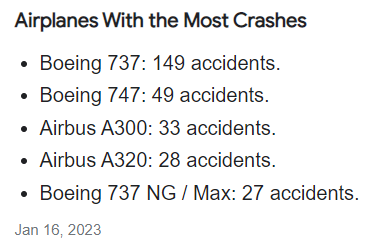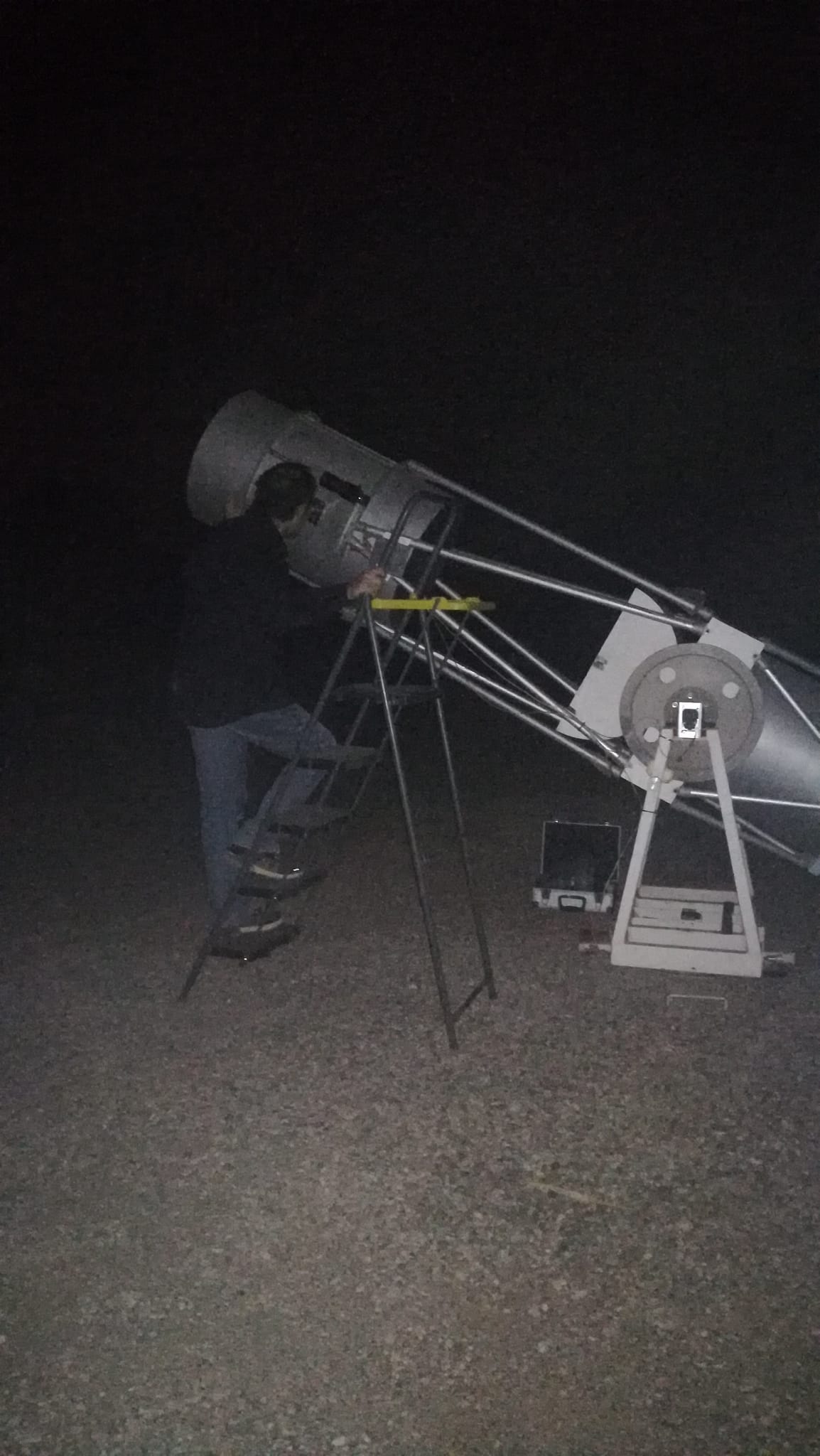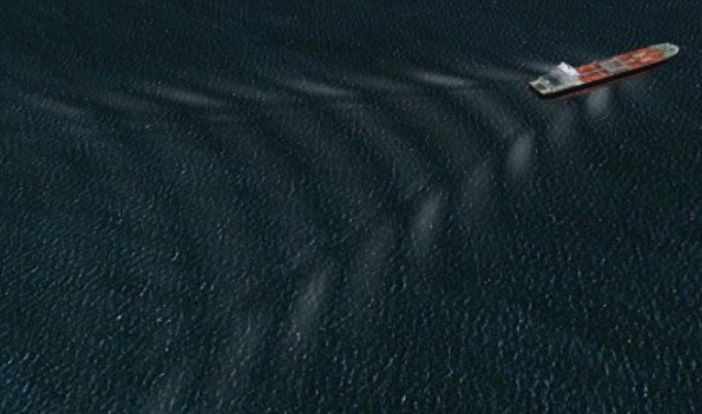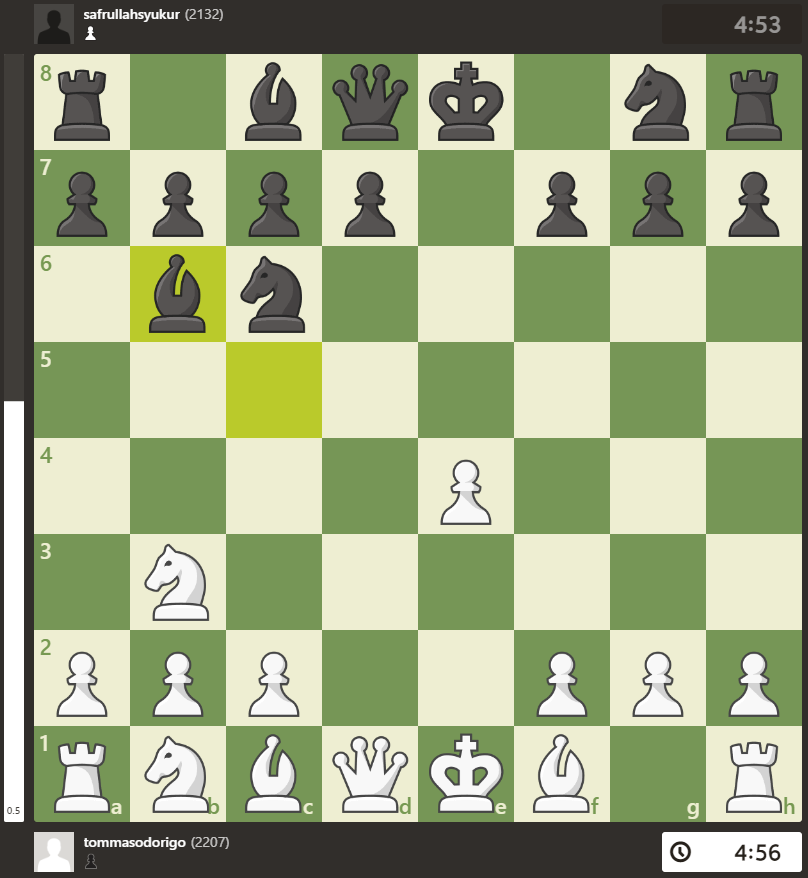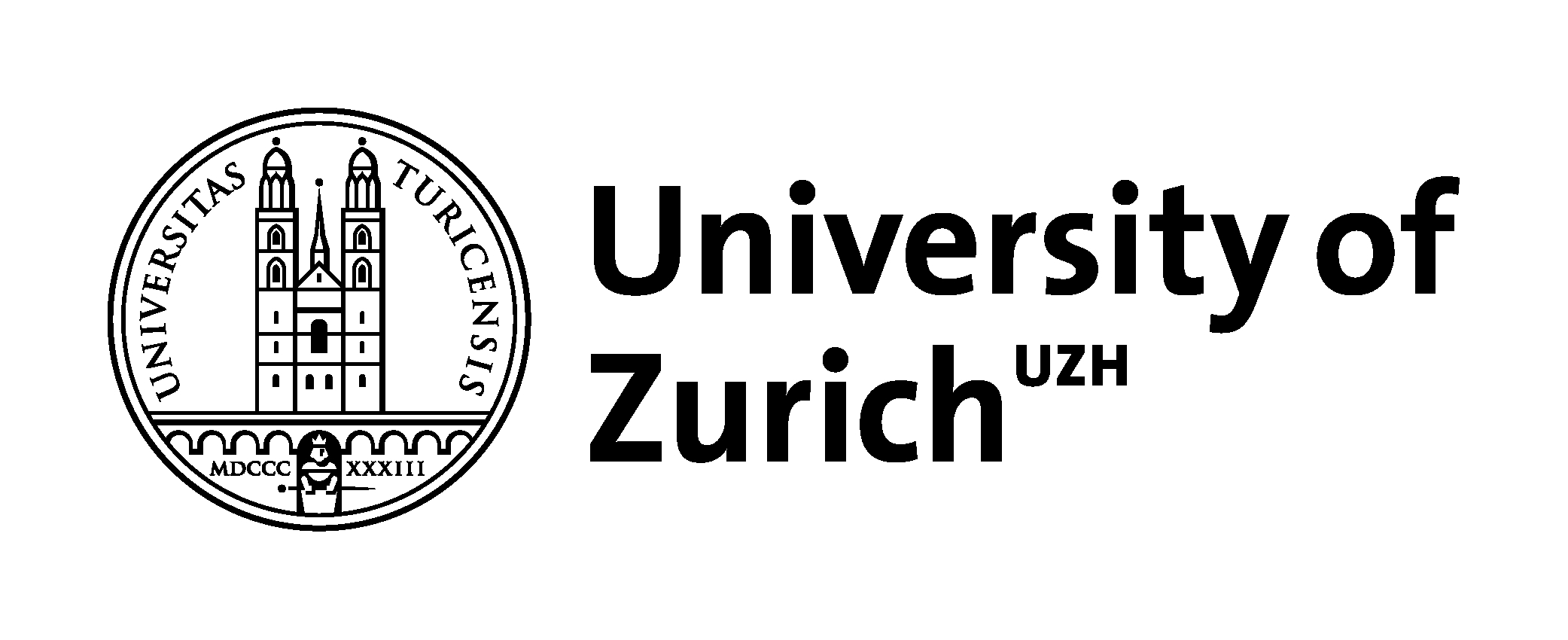 On Rating Universities
On Rating UniversitiesIn a world where we live hostages of advertisement, where our email addresses and phone numbers...
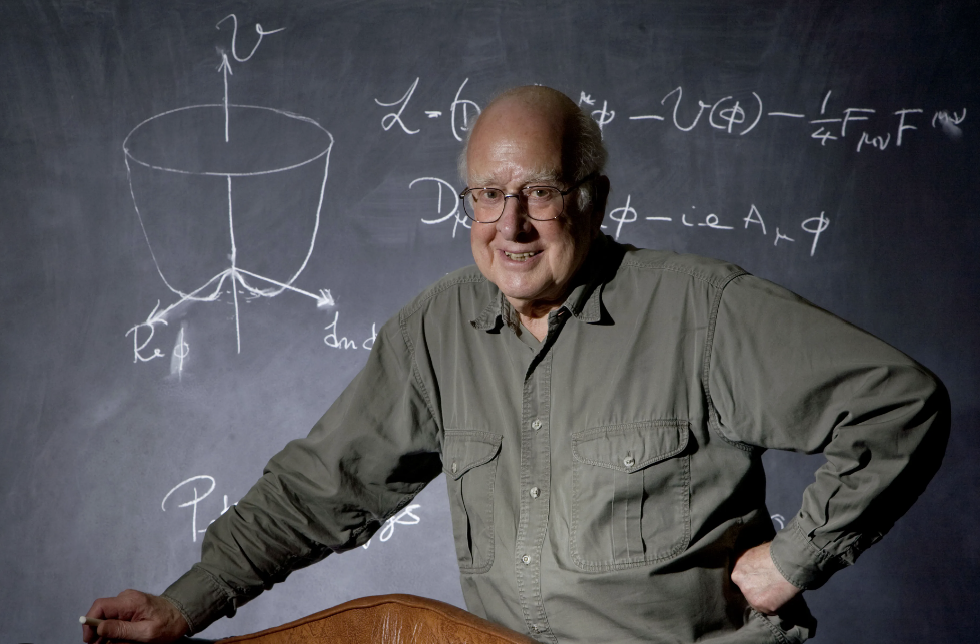 Goodbye Peter Higgs, And Thanks For The Boson
Goodbye Peter Higgs, And Thanks For The BosonPeter Higgs passed away yesterday, at the age of 94. The scottish physicist, a winner of the 2013...
 Significance Of Counting Experiments With Background Uncertainty
Significance Of Counting Experiments With Background UncertaintyIn the course of Statistics for Data Analysis I give every spring to PhD students in Physics I...
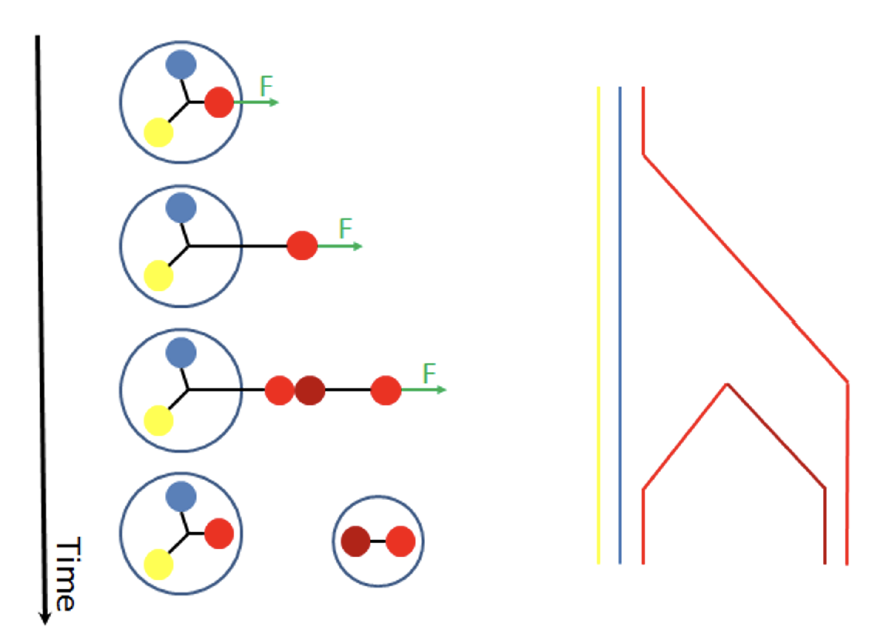 The Analogy: A Powerful Instrument For Physics Outreach
The Analogy: A Powerful Instrument For Physics OutreachAbout a month ago I was contacted by a colleague who invited me to write a piece on the topic of...



